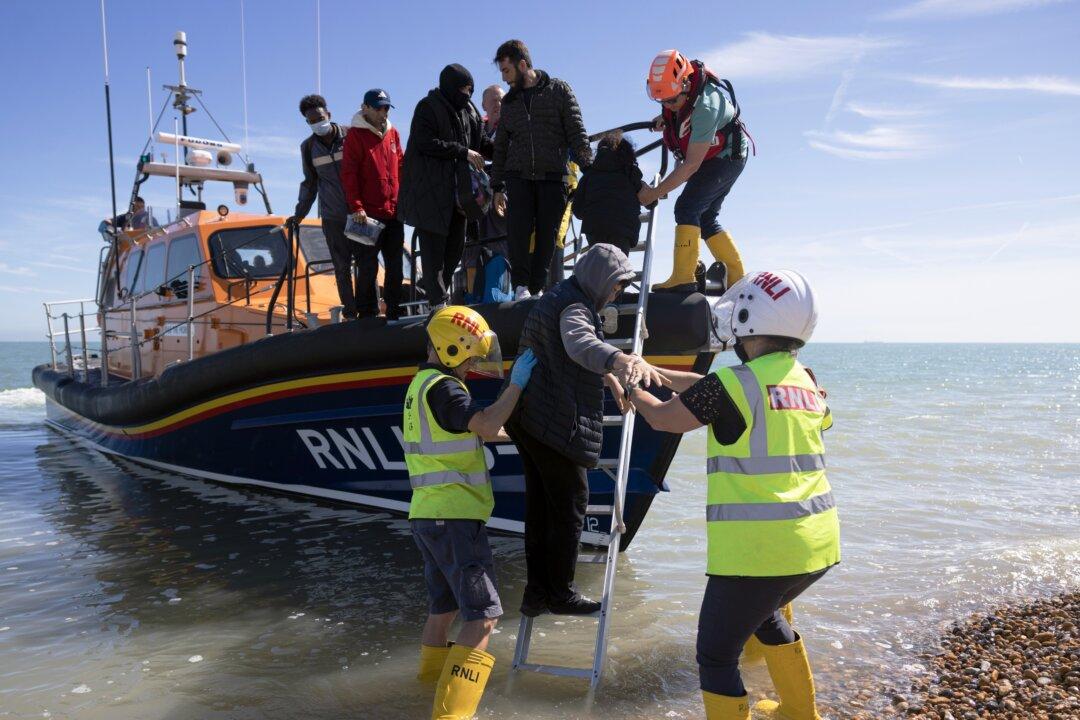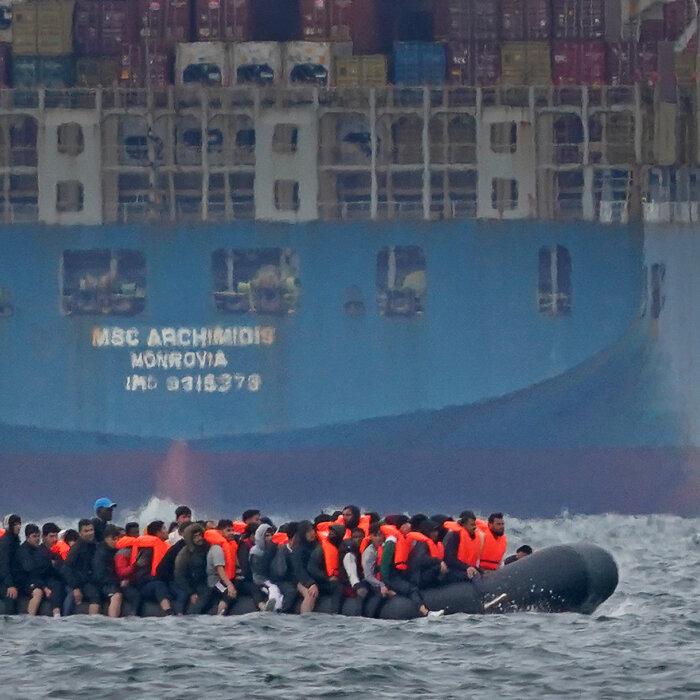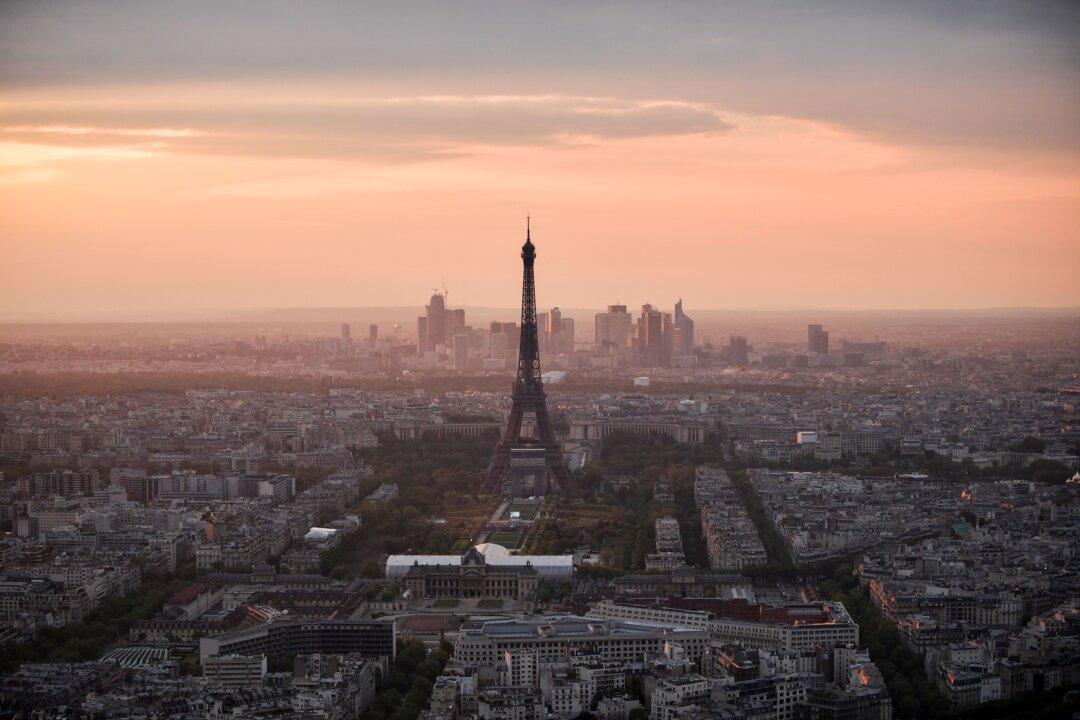The government has ruled out setting up any more so-called safe and legal routes for those wanting to claim asylum in Britain.
In July 2023, when the Illegal Migration Act was passed, Prime Minister Rishi Sunak said the government was making it clear, “if you come here illegally, you can’t claim asylum.”
Under the terms of the Illegal Migration Act the government was obligated to publish a report setting out what safe and legal routes there are for asylum seekers, and announcing any additional schemes.
Instead it reiterated Mr. Sunak’s warning, stating: “The Illegal Migration Act makes it unambiguously clear that, if you enter the UK illegally, you will not be able to remain here ... You will no longer be able to frustrate removal attempts with late or spurious legal challenges or appeals, and once removed, you will have no right to re-entry, settlement or citizenship.”
The report then went on to list all the existing way in which those seeking asylum in Britain can do so legally.
The government is set to introduce legislation in Parliament this month to push through the implementation of its controversial Rwanda policy, which threatens to immediately transfer anyone arriving in the country illegally to the east African country.
On Wednesday, former Home Secretary Suella Braverman was among those who tabled amendments to the Safety of Rwanda (Asylum and Immigration) Bill.
Government Committed to ‘Providing Safe and Legal Routes’
In a written statement to Parliament on Thursday, Home Secretary James Cleverly said Britain had a “proud history of providing protection for the most vulnerable,” and said the government was committed “to providing safe and legal routes for those most in need.”“As we get control on numbers, we will keep under review whether we are able to do more to support vulnerable refugees and whether we need to consider new safe and legal routes,” Mr. Cleverly added.
The Home Office report said, “Responding to [Russian President Vladimir] Putin’s full-scale barbaric invasion of Ukraine, the UK government devised three bespoke visa routes for the people of Ukraine, working in close communication with the Ukrainian government.”
It also points out hundreds of thousands of Hong Kong British Nationals—those who chose to retain their ties to the UK when Hong Kong was handed back to China in 1997—were entitled to come to the UK if they felt their “rights and freedoms” were under threat.
- The UK Resettlement Scheme—Individuals are assessed and referred by the U.N. High Commissioner for Refugees according to people’s needs and vulnerabilities.
- The Mandate Scheme—Launched in 1995, this scheme allows refugees who have a close family member in Britain who is willing to accommodate them, to be relocated to the UK.
- Family Reunion—This policy allows the spouses and children under 18 (and offspring over 18 in exceptional circumstances) of those already in the UK to join them if they lived as a family unit in their home country.
- The Afghan Citizens Resettlement Scheme—Offers a new life in Britain for up to 20,000 people and prioritises women’s rights activists, judges, academics, and journalists who might be under threat by the Taliban.
“By simply focusing on describing the existing limited schemes, the government has completely overlooked the urgent need to reduce dangerous Channel crossings by providing safe passage to our shores,” he added.






